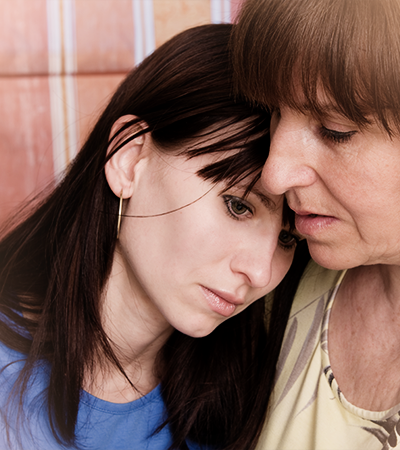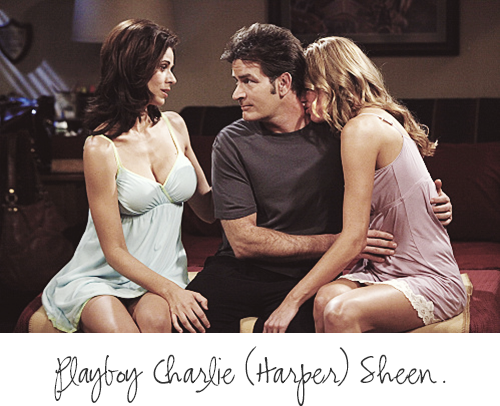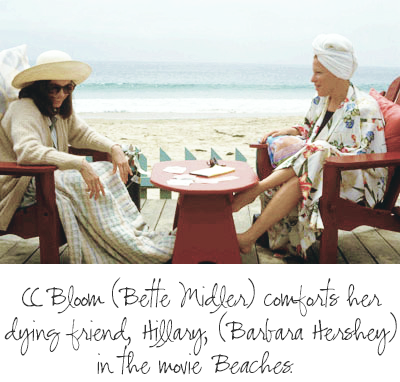Two Amazing Men Who Will Make Your Day (I Promise)!
I can’t believe I’m going to write this next sentence: I’ve fallen in love with Facebook.
Or at least I love my Facebook news feed. I read it every night, after I’ve crawled into bed, even if it’s 1 a.m. I can sometimes spend 90 minutes perusing the unending stream of videos, rumination, photos, and articles that people choose to post.
After a day working non-stop on FabOverFifty-related matters, the news feed also helps me stay current on social, cultural and political issues. After all, how can I consider myself a true American if I haven’t seen Kim Kardashian’s wedding dress or heard about Brad Pitt’s red carpet run-in at the premiere of Angelina’s new movie, Maleficent!
On the smarter, more serious or spiritual sides, the news feed gives me some wonderful things to look at, think about and discuss.  I recently watched two truly inspiring videos that, coincidentally, conveyed the same lesson that we hear over and over again: Life is short. Really, really short.
I recently watched two truly inspiring videos that, coincidentally, conveyed the same lesson that we hear over and over again: Life is short. Really, really short.
Brilliant Australian comedian-musician, 38-year-old Tim Minchin, gave the graduating class at the University of Western Australia his nine life lessons. I urge you to listen to Tim’s address (given in 2013) but here’s a sampling of his wise and witty words:
- “You don’t have to have a dream that you chase. Have instead a passionate dedication to the pursuit of short-term goals. If you focus too far in front of you, you won’t see the shiny thing there, right in front of you.”
- “Be hard on your opinions. Constantly and thoroughly examine them. Think critically about your own ideas. Be intellectually rigorous. Be hard on your beliefs. Identify your biases, your prejudices, and your privileges.”
- “Be a teacher, an amazing teacher. Be a primary school teacher. They are the most admirable and important people in the world. Even if you’re not a teacher, be a teacher. Share your ideas. Rejoice in what you learn and spray it.”
- “Define yourself by what you love. Try to express your passion for things you love. Don’t define yourself in opposition to stuff. Be pro stuff, not just anti-stuff.”
- “Respect people with less power than you. I don’t care if you’re the most powerful cat in the room. I will judge you on how you treat the least powerful people in the room.”
- “Don’t rush. Don’t panic. You don’t need to already know what you’re going to do with the rest of your life at 20. Life is absurd, this idea of seeking meaning in a set of circumstances that happens to exist after 13.8 billion years worth of unguided events.”
“Life will sometimes be long and tough and, God, it’s tiring,” Tim said. “You’ll sometimes be happy and sometimes sad. And then you’ll be old, and then you’ll be dead. There is only one sensible thing to do with this empty existence, and that is, fill it.”
“Life is best filled by learning as much as you can about as much as you can, taking pride in whatever you’re doing, having compassion, sharing ideas, being enthusiastic.”
“And love, and travel, and art and wine, and sex, but you know all that already.”
“It’s an incredibly exciting thing, this one meaningless life of yours. Good luck,” Tim concluded, to enthusiastic applause.

The second video was about Zach Sobiech, a 19-year-old from Minnesota who died of a rare cancer on May 20th of last year, five years after his diagnosis. I think that, maybe, people like Zach and his amazing, beautiful, warm, loving and oh-so-smart family were put here to teach the rest of us a lesson about the value of life. See the video and decide for yourself.
At any rate, running into Zach and Tim, as well as Kim and Brad, all jammed up there in the same tiny space on my iPhone kind of puts things into perspective.
Gotta love Facebook!
Please tell me what you think after you’ve watched
the videos!



 All of those popular people who live hedonistic lives of pleasure, I will destroy, because they never accepted me as one of them. I will kill them all and make them suffer, just as they have made me suffer. It is only fair.”
All of those popular people who live hedonistic lives of pleasure, I will destroy, because they never accepted me as one of them. I will kill them all and make them suffer, just as they have made me suffer. It is only fair.” philandering ways and to celebrate his demise. Even Charlie’s mother and brother have little good to say about him.
philandering ways and to celebrate his demise. Even Charlie’s mother and brother have little good to say about him.